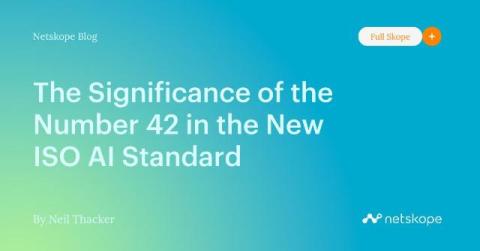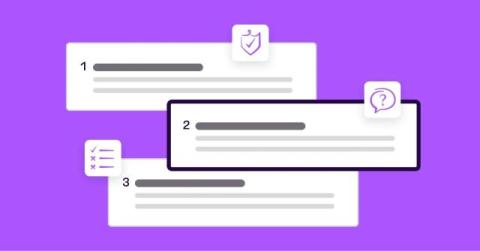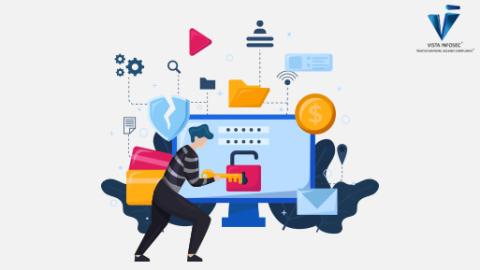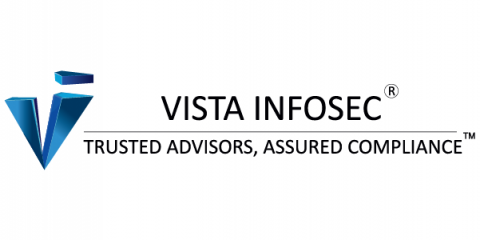The 5 Fundamental Pillars of the Digital Operational Resilience Act (DORA)
Nowadays, financial organizations rely heavily on information and communication technology (ICT) to support remote operations. While ICT enhances operational efficiency and customer experience, it significantly increases cybersecurity risks in the financial sector. To mitigate cybersecurity risks related to ICT, the European Union (EU) has developed a specific regulation: the Digital Operational Resilience Act.










